#CAAMFest 2014
Explore tagged Tumblr posts
Photo

#CAAMfest will be screening @nickyneon 's #ZeroOne 🎞 We played CAAMFest in 2014 & 2016, and our hearts and our song #ZeroOne will be there once more 🙏 Peeps in San Francisco 🌉 get ur tickets now!! 🎟 ➡️➡️➡️ @caamedia https://caamfest.com/2019/movies/zero-one . . #러브엑스테레오 #lovexstereo #nickneon #shortfilm #OutHereShorts Break a leg @nickyneon 🙌🙌🙌 (at AMC Dine-In Kabuki 8) https://www.instagram.com/p/BwJm-dvFH-7/?utm_source=ig_tumblr_share&igshid=w6ee4n4bneez
0 notes
Photo

¿QUIÉN ES SUBOI, LA RAPERA VIETNAMITA QUE CONQUISTA EL MUNDO?
Por Sebastián Duarte
Es la reina vietnamita del hip-hop. Con veintisiete años, Suboi, nacida en la ciudad de Saigón, es la primera mujer en atreverse con el rap en un país donde el género cuenta con pocos seguidores y el gobierno analiza con lupa los mensajes de sus canciones, ya que el régimen es comunista. A pesar de las trabas, Suboi ha grabado dos discos, Walk y Run, tiene más de un millón de fans en Facebook y ya cuenta con giras por Estados Unidos, Asia y Europa. “Cuando empecé no estaba segura de convertirme en rapera porque mis opiniones no cumplían con las expectativas que mi familia, profesores, amigos o la sociedad en general tenían sobre mi. Es un reto ser mujer y cantante de rap en un país comunista. La mayoría del público vietnamita sabe muy poco de este género y es difícil hacer hip hop en un lugar en el que la música o el cine están tan controlados”, explica la talentosa rapera.
La madre de Suboi era una oficinista en el consulado australiano en Saigón, y su padre trabajaba como gerente de la fábrica. Suboi revela que solía ser una chica tímida que pasaba gran parte de su tiempo escribiendo y componiendo poemas ridículos.
Suboi ganó su nombre en el escenario durante la escuela secundaria, "Su" es su apodo en casa y "boi" dado a que ella siempre se movió entre varones. Mientras crecía, era una adolescente rebelde que "se involucró con gente mala" pero recurrió a la música en busca de orientación. Se hizo fanática de la música hip hop a los catorce años y mejoró su inglés escuchando y hablando con raperos estadounidenses famosos como Eminem, por ejemplo. A los quince años comenzó a salir con mucha gente a la que ahora considera “muchos tipos malos”, lo que hizo que sus padres se preocupen por ella y por lo tanto siempre la vigilaban. Ella eligió tener una carrera musical porque la hacía sentir segura. También estaba interesada en el skate y aceptó la invitación para unirse a una banda de nü metal que hacía covers de Linkin Park. Luego se convirtió rápidamente en una rapera reconocida y respetada de la escena underground vietnamita. Suboi trabajaba como profesora de inglés y también de payaso en fiestas de cumpleaños infantiles para perseguir su pasión por el rap. Ella cree que los principales elementos que hacen que un rapero sea exitoso son que nunca se rinda, escuche a los demás, tome consejos y aprenda. Desde los primeros días de su carrera, Suboi tuvo dificultades para encontrar su propio mensaje a la audiencia y formar su propio estilo. Su familia y la idea previa del público de que el rap es solo para hombres fueron dos grandes desafíos para la primera rapera vietnamita. Aunque sus padres la apoyan actualmente, antes se oponían rotundamente, ya que no querían que su hija fuera una marimacho que siempre escuchaba rock, rap y leía letras en beats. A los diecisiete años, su talento se notó aún más cuando acompañó a su compañero rapero, Rapsoul, al estudio de grabación de Music Faces, para grabar su canción. Sin embargo, fue su voz la que notó el productor, lo que la llevó a invitarla a unirse al sello discográfico.
Su reconocimiento principal creció cuando fue invitada a cantar rap en el elenco de la estrella del pop vietnamita Ho Ngoc Ha, My Apology y Girls 'Night en el 2009.
A los veinte años, debutó con su álbum WALK, en agosto de 2010, que fue bien recibido por su fiel base de admiradores y críticos musicales en Vietnam. Después de dejar su sello discográfico Music Faces en 2012, comenzó su propia compañía autogestionada, Suboi Entertainment, y lanzó su segundo álbum de estudio titulado RUN, en 2014, con beats producidos tanto por productores vietnamitas locales como por productores internacionales de los Estados Unidos e Inglaterra.
Suboi fue invitado a actuar en CAAMFest 2014, el mayor escaparate de medios de Asia y América, en los Estados Unidos; sin embargo, no logró llegar a los Estados Unidos porque tuvo problemas para obtener su visa. En cambio, recién hizo su debut en USA el 13 de marzo de 2015, en conjunto con Awkwafina, una rapera de Nueva York. También hizo su debut como actriz en CAAMFest 2015, que se celebró en San Francisco, en Hollow, una película de terror dirigida por Ham Tran. El filme se convirtió en un éxito de taquilla y la llevó a su primer papel protagónico en Bitcoin Heist de 2016, un largometraje de robo vietnamita, también dirigido por Ham Tran.
En 2015, fue invitada a realizar un escaparate oficial en South by Southwest (SXSW), convirtiéndose en la primera artista vietnamita en ser invitada oficialmente por el festival. Tras su espectáculo, recibió excelentes críticas por parte de la prensa y, en 2016, fue invitada a volver a actuar en SXSW, por segundo año consecutivo.
Para 2016, Suboi estaba reconstruyendo su carrera musical después de lo que ella consideraba una pausa creativa. Lanzó su nuevo single titulado Doi, a principio de año, haciendo hincapié en un "ritmo oscuro" que había sido reacio a lanzar al principio de su carrera.
El 25 de mayo de 2016, Suboi captó la atención inmediata de los medios internacionales luego de hacer críticas al presidente Barack Obama en una sesión de preguntas y respuestas con líderes jóvenes en Ciudad Ho Chi Minh. El breve intercambio entre Suboi y el presidente de los Estados Unidos lo llevó a reflexionar sobre la historia de la música rap y la importancia del arte para una nación.
Hàng Lâm Trang Anh (tal es su verdadero nombre) rapea en vietnamita y en inglés (aprendió el idioma traduciendo canciones de Eminem en un cibercafé) y tiene que ingeniárselas para escapar de la censura porque las letras que hablan de sexo, drogas o cuestiones políticas no son bienvenidas en su país. “Por el momento no he tenido ningún problema con el gobierno, pero en Vietnam no es recomendable hacer canciones sobre política. Hacerlo supone convertirte en un cantante prohibido y que la prensa deje de escribir sobre ti. Por eso la mayoría de los artistas se mantienen alejados de estos temas. Mis canciones hablan sobre mis experiencias, mis errores, mi juventud, sobre la gente que me rodea o acerca de cómo veo las cosas”, aclara.
Pero también se las ingenia para expresar sus opiniones acerca de temas espinosos y sus letras están llenas de metáforas y dobles sentidos. “Cuando incluyo palabrotas en mis temas tengo que lanzarlos de forma no oficial a través de Internet sin que pasen el filtro de los censores. Es la única forma para escapar de ellos y que las canciones puedan llegar a mi público sin licencia previa”, explica la vietnamita.
0 notes
Photo
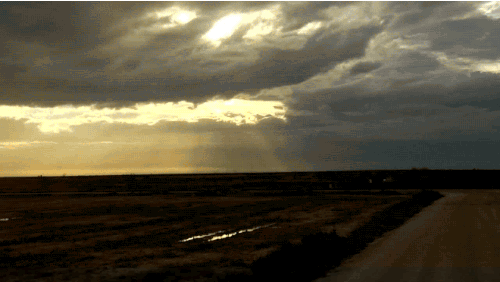
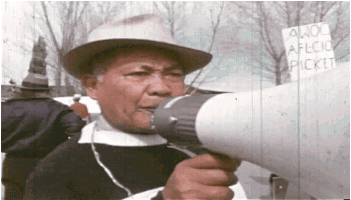
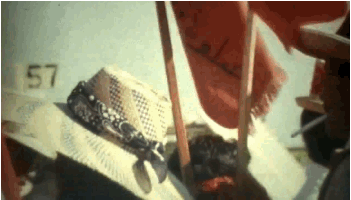
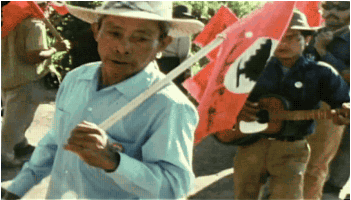
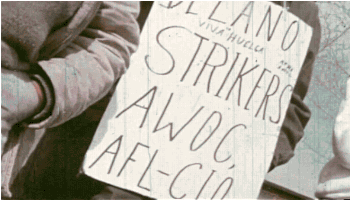
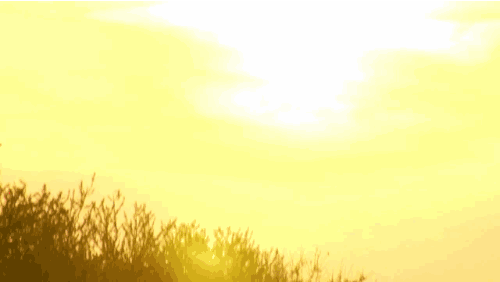
Isang Bagsak! Meaning: If one falls, we all fall. Almost fifty years after the struggles and solidarities of the farm workers’ movement, and coming parallel with the highly-anticipated release of the film Cesar Chavez, Marissa Aroy’s independent film tells the lesser-known background of the Great Grape Strike of 1965. Aroy brings light to the significance of organizer Larry Itliong and the 1500 Filipino farm workers in Delano, California who helped light a movement which gave political voice to Chicano, Filipino, Chinese migrant workers and the development of the United Farm Workers. Delano Manongs pays respect to the elders of the American labor movement, and their shared passion, sacrifice, and sense of unity.
#Delano Manongs#Marissa Aroy#CAAM#CAAMFest 2014#Center for Asian American Media#Cesar Chavez#Larry Itliong#Chicano#Chinese#Filipino#Politics#Labor#Movement#Delano#California#Asian American#Film Festival#Documentary#Film#San Francisco#SFIAAFF#Bay Area#Berkeley#Oakland
509 notes
·
View notes
Photo
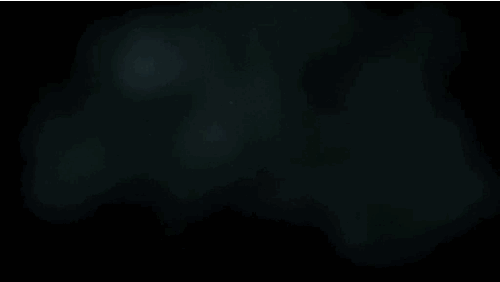
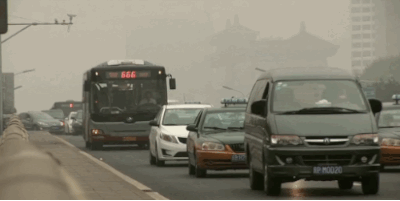

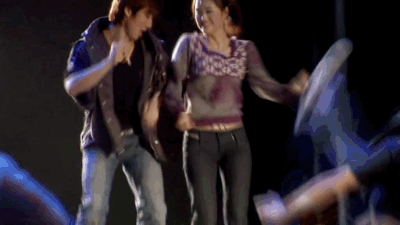
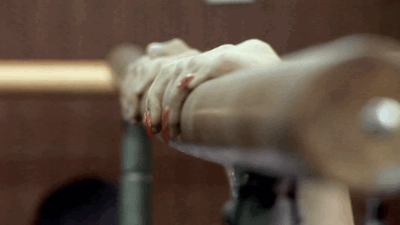
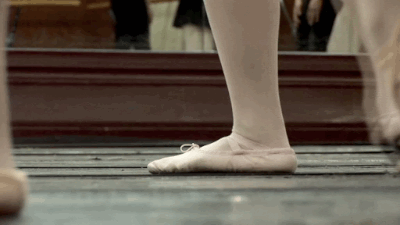
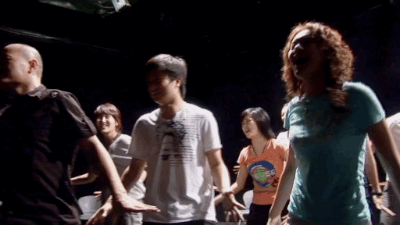
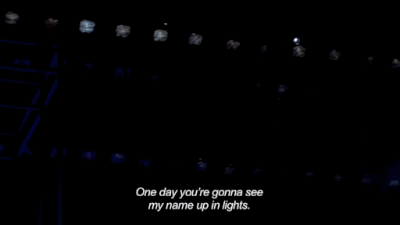
American Broadway meets China’s larger-than-life theatrical dream in The Road to Fame, as young students from China’s highly-esteemed Central Academy of Drama are given their senior year finals: to be cast and to perform in Fame. Director Hao Wu addresses the universal persistent and uncomfortable questions of youth, while also addressing the realities of the first generation affected by China’s one-child policy.
#The Road to Fame#Hao Wu#CAAM#CAAMFest 2014#Center for Asian American Media#Asian American#Film Festival#San Francisco#SFIAAFF#Bay Area#Berkeley#Oakland#Documentary#Film#Broadway#China#Drama#Fame#Theatre#Theater
0 notes
Photo


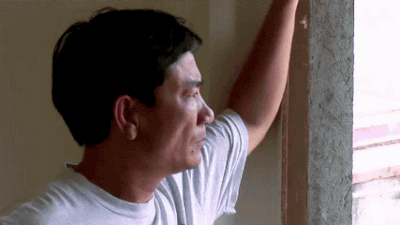




Duc Nguyen’s film, Stateless, follows the story of a group of Vietnamese refugees stranded in the Philippines for sixteen years after the closure of refugee camps. Raw and delicate, Stateless depicts both the struggles and resilience for asylum speakers as they wait on their dream of creating “home”.
#Stateless#Duc Nguyen#CAAM#CAAMFest 2014#Center for Asian American Media#SFIAAFF#San Francisco#Bay Area#Berkeley#Oakland#Asian American#Film Festival#Documentary#Film#Vietnam#Vietnamese#Philippines#Refugees#Refugee Camp#Home
0 notes